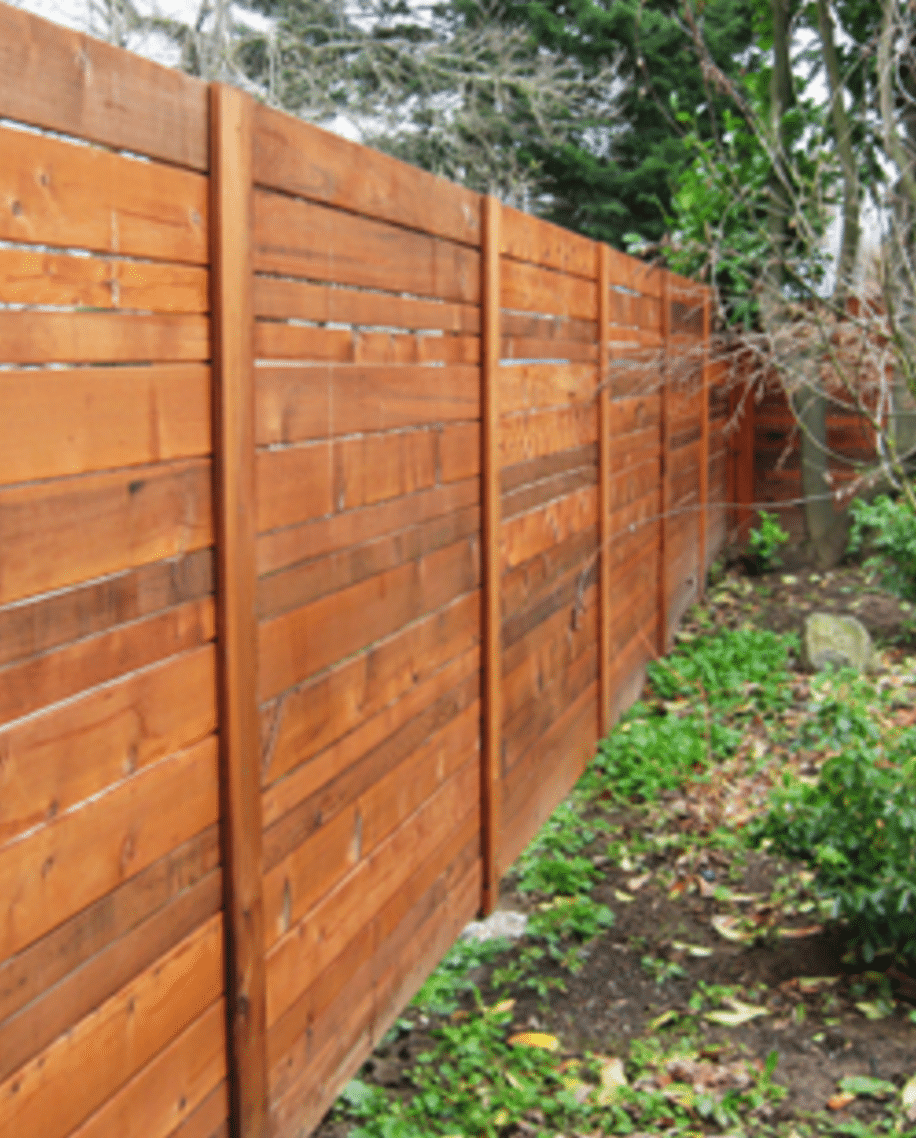All Categories
Featured

Selecting the right fencing material is important for attaining the balance of resilience, looks, and functionality that matches your property. Wood, vinyl, and aluminum are popular selections, each with special functions that satisfy certain needs. Right here's an extensive consider the advantages and negative aspects of these three products.
Wood Secure Fencing. Pros:. Timeless Charm: Timber supplies a natural, traditional look that complements different building styles. Personalized: It can be repainted or stained in a selection of layouts and colors. Economical: Timber fencings are usually less expensive upfront than vinyl or aluminum. Eco-Friendly: As a renewable energy, timber is lasting and biodegradable when sourced sensibly. Cons:. Maintenance-Intensive: Calls for regular staining, paint, or securing to safeguard against weather and bugs. Shorter Life-span: Relying on the sort of timber and climate, it generally lasts 10-15 years. Susceptability to Damages: Prone to deteriorating, warping, and termite damages without appropriate care. Timber is suitable for house owners that value visual appeals and agree to spend time and effort in maintenance to lengthen its life.
Vinyl Fencing. Pros:. Sturdy: Immune to parasites, rot, and weather condition, vinyl maintains its framework in rough conditions. Reduced Upkeep: Requires little upkeep past occasional cleansing. Lengthy Lifespan: Vinyl can last 20-30 years without considerable wear or damage. Flexible Designs: Offered in different colors, structures, and designs, including choices that resemble timber. Disadvantages:. Costly Setup: Vinyl fencings are more costly to mount compared to timber. Weak in Cold Climate: Plastic can break in severe chilly climates. Tough to Repair: If damaged, whole areas may need substitute, which can be testing to match. Plastic secure fencing is an excellent option for those focusing on longevity and very little maintenance, even if it comes with a higher upfront price.

Aluminum Fence. Pros:. Rust-Resistant: Aluminum does not rust, making it perfect for wet or damp locations. Solid however lightweight: Offers stamina without being excessively hefty, which simplifies installation. Low Maintenance: Needs little more than cleansing and occasional repainting. Durability: Aluminum fencings can last for decades without substantial degeneration. Classy Styles: Often used for ornamental functions, aluminum includes class to any residential or commercial property. Disadvantages:. High First Price: Light weight aluminum fencings are amongst the more costly alternatives. Limited Privacy: Often developed with open rooms, they don't obstruct views or noise. Susceptible to Dents: While strong, light weight aluminum can be dented or bent with hefty effect. Light weight aluminum is best matched for those that want a lasting, fashionable fence and don't need total personal privacy.
Making the Right Choice. Each material has its weaknesses and strengths:

Wood is excellent for eco-conscious customers and conventional aesthetics that don't mind upkeep. Plastic works for home owners seeking a weather-resistant, low-maintenance option. Aluminum is a long lasting, ornamental choice for those who want elegance and longevity. Consider your concerns-- whether it's price, look, privacy, or maintenance-- and get in touch with a secure fencing expert to select the product that finest meets your requirements. A well-selected fencing will certainly enhance your residential property for several years to find.
Latest Posts
Why Regular Car Maintenance at Montclare Auto Repair Reduces Costs
Published May 22, 25
1 min read
Experience WyHy Federal Credit Union – Top Benefits for Your Financial Success
Published May 22, 25
1 min read
Discover Your Financial Partner at WyHy – Key Advantages for Your Financial Success
Published May 22, 25
1 min read
More
Latest Posts
Why Regular Car Maintenance at Montclare Auto Repair Reduces Costs
Published May 22, 25
1 min read
Experience WyHy Federal Credit Union – Top Benefits for Your Financial Success
Published May 22, 25
1 min read
Discover Your Financial Partner at WyHy – Key Advantages for Your Financial Success
Published May 22, 25
1 min read